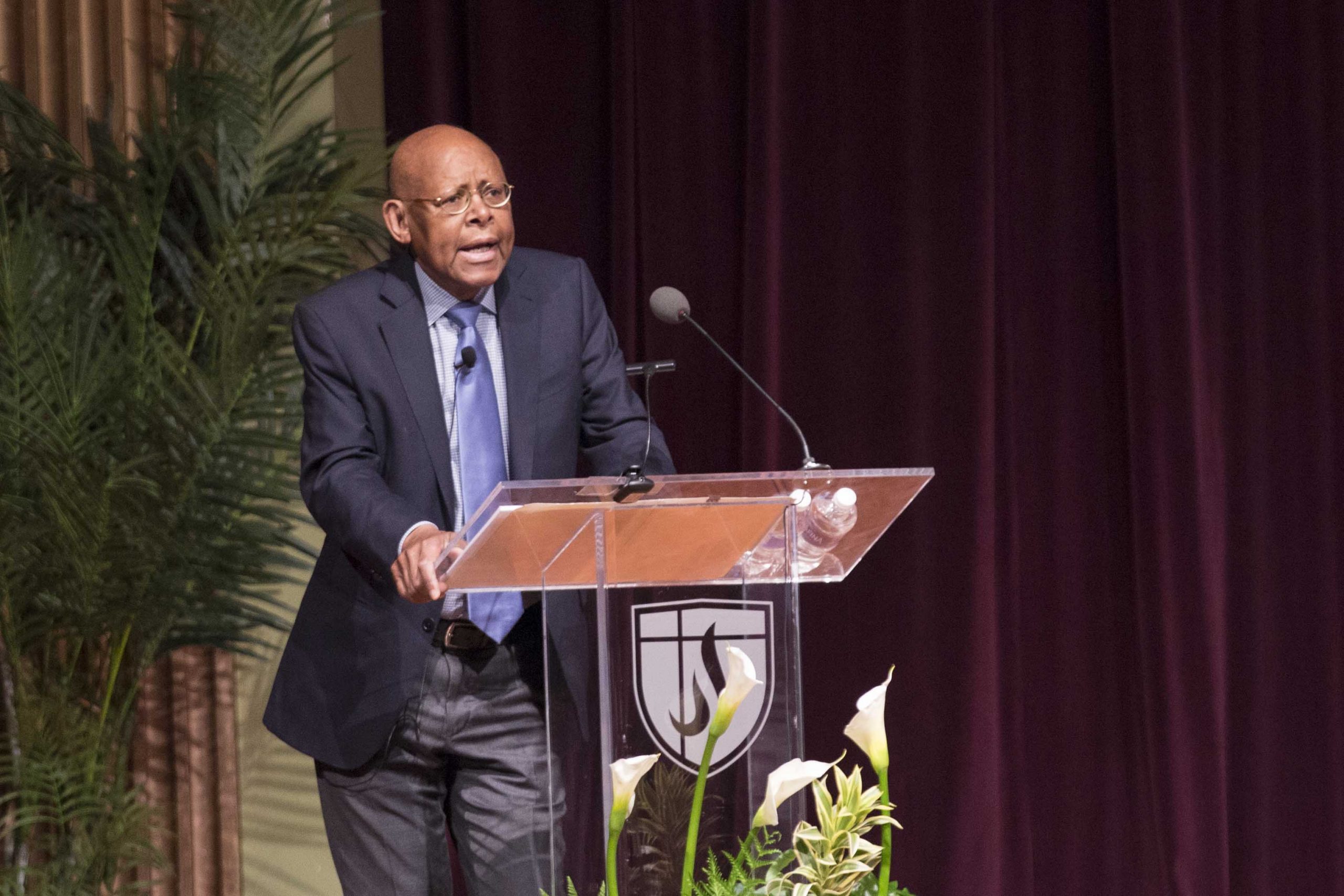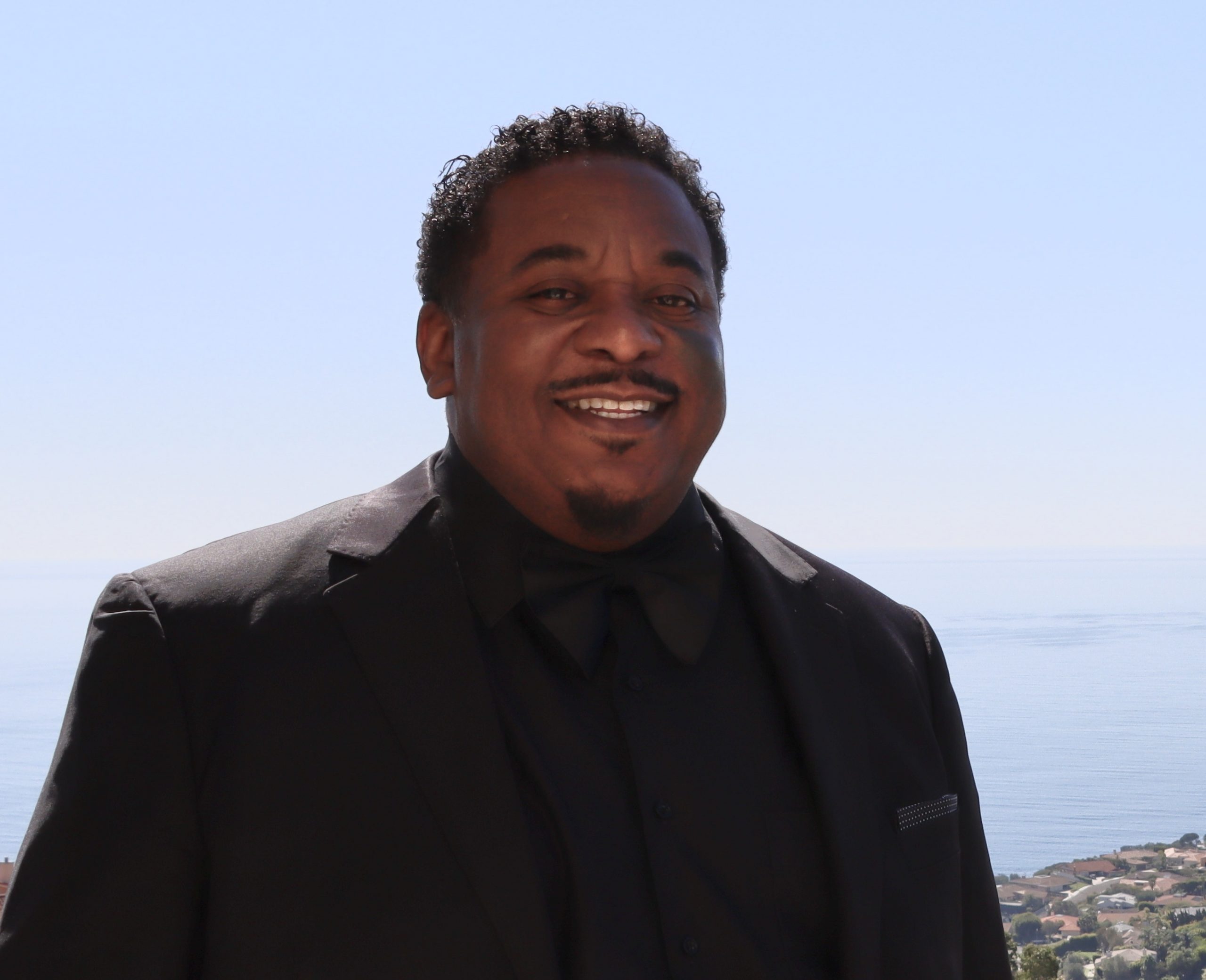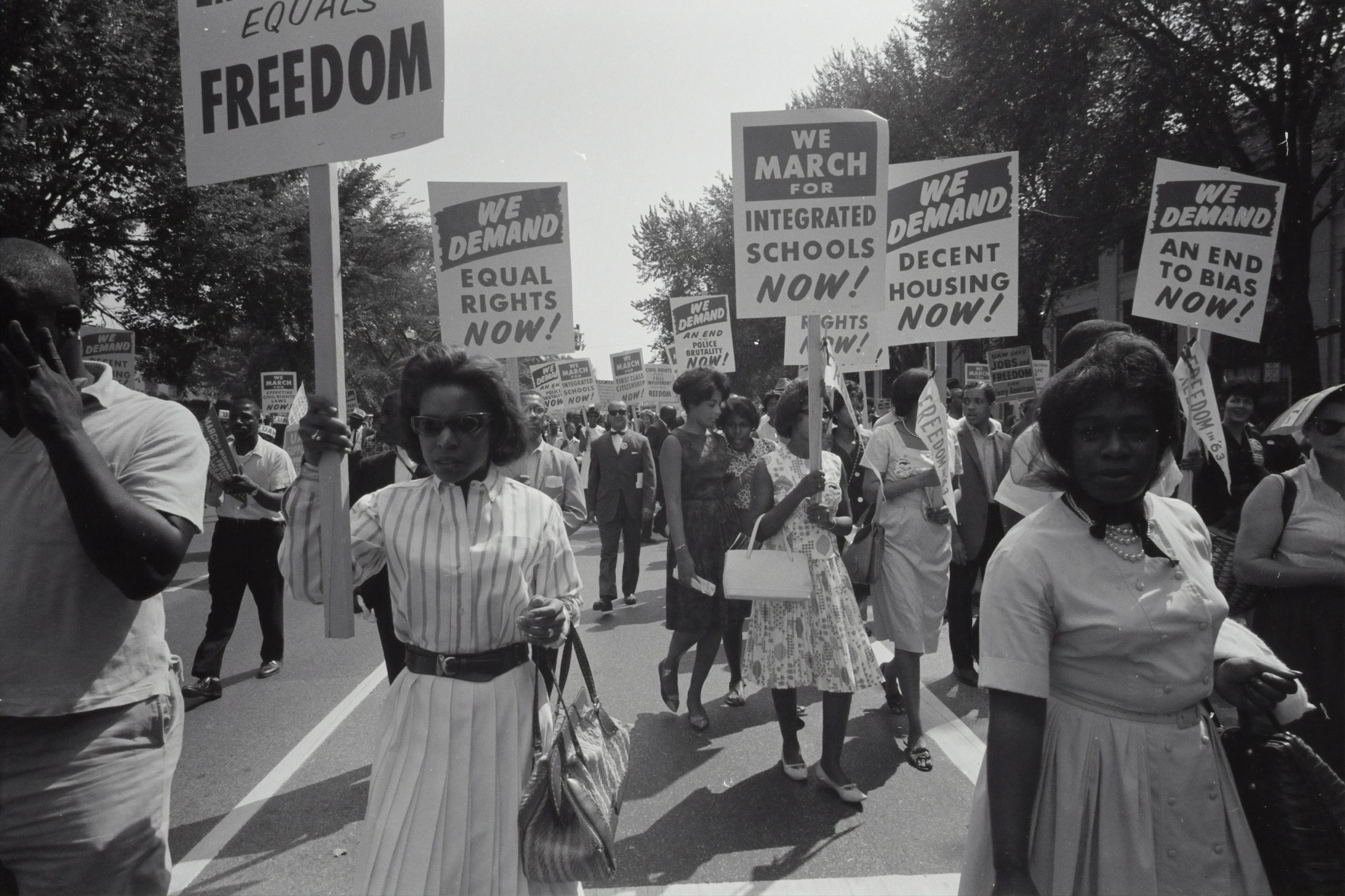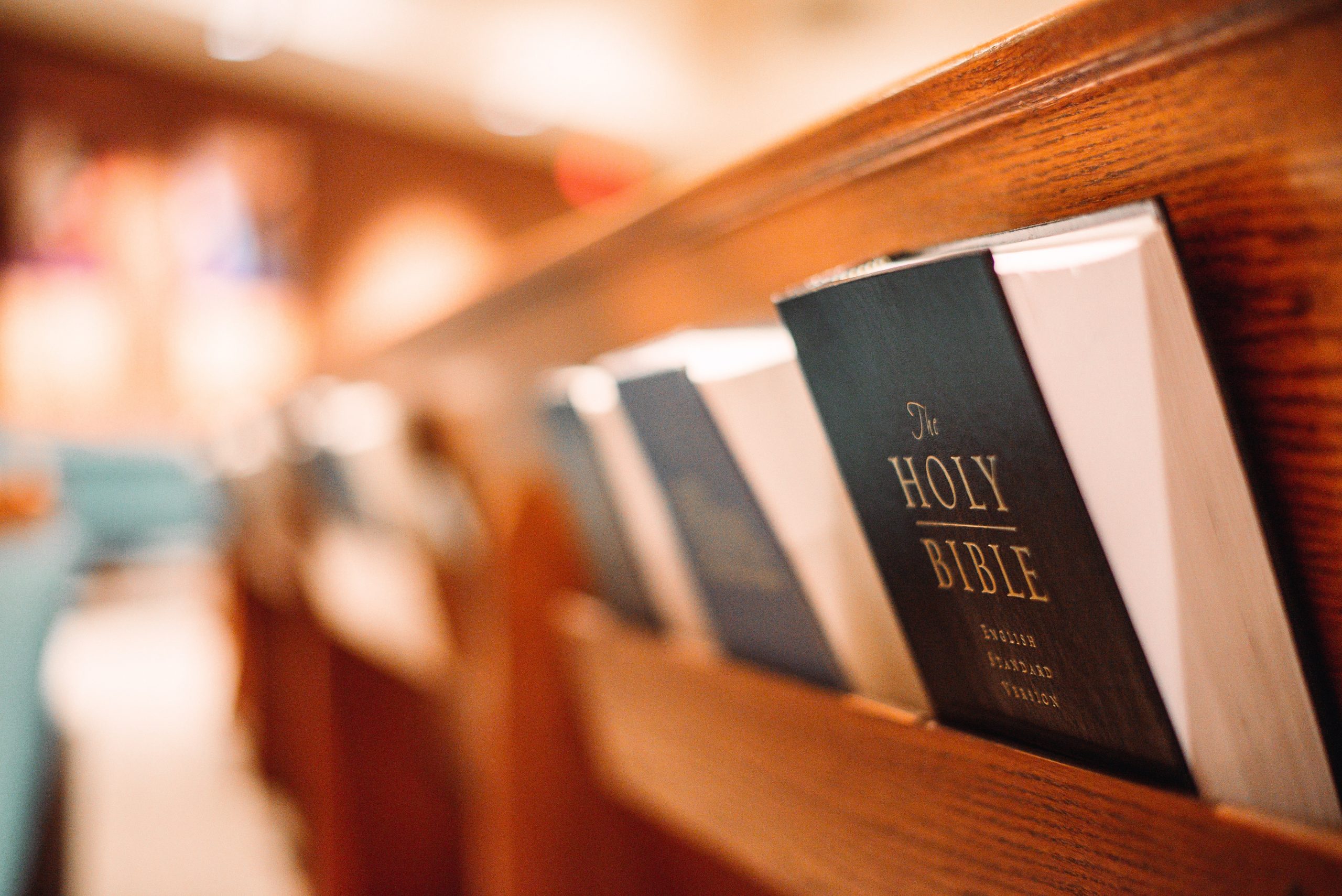
The Liabilities of Biblical Studies: Conjuring the Past and Camouflaging the Present
Volume 1 | June 6, 2022
Theme: Biblical Scholarship, Debate
Discipline: Theology
As a matter of framing this brief paper, I will first address the Locus Theologicus, that is, the theological place or location in which Church of Christ biblical scholars do their work in relation to history. Secondly I will briefly describe the choice I have made to confront it, and, finally, offer three brief points to summarize intersecting problems as we together continue on a pathway to hope. In the end I pray my comments will be a caveat from one who loves this tradition and recognizes its possibilities because it reads the Bible seriously.1
When approaching this subject as a theologian who sits at the intersection between church tradition and the biblical text (which is a product of church tradition), I am immediately reminded of the distinction between biblical studies, church history, and systematic or dogmatic theology. In my appeal to “people of faith,” I acknowledge my location as a Black theologian in a tradition that is still coming to terms with the burden of its isolation from its roots and the biblical forms and patterns that breathed life into its traditions. It is also coming to terms with my presence in this tradition, not merely as a Black man, but as a theologian.
I am confronted with what my friend of blessed memory Charles Long, a historian of religion, called the longue duree, which is the slowly evolving historical structures and their subtle and complex impact on the human consciousness and the religious imagination. As a theologian, I am also reminded that biblical scholars, in Churches of Christ, are wrestling in a tradition that really claims no tradition. But, in truth, biblicism is the tradition; and “no creed but the Bible” is the creed; and the authority for the work is ultimately found in the hands of bureaucrats—at least for many in our schools and churches. While biblical scholars may find themselves working over against these problems, the strange nature of this location represents a liability for their work. Therefore what is needed today is another kind of “objectivity” that allows us to transcend the narrow scope of tradition when it is camouflaged in biblicism and a commitment to authorities outside the text that ultimately ignore the historical impulse of the Spirit’s witness. Indeed, it was the church historian, Jaroslav Pelikan, who stated that “there is no tradition more tenacious than the tradition of ‘Scripture alone.’ Yet theological history has proved that Scripture is never alone.”2
This specious commitment to scripture, tradition, and culture reveals to some degree why I chose the contributions of two of the most important theologians of the twentieth century— Karl Barth, the Swiss Protestant theologian, and James Cone, the father of Black theology—in order to locate myself in relation to the history (and tradition) of the larger academy and the church, on the one hand; and to wade into the muddy waters of our modern consciousness on the other. James Cone emerged during a theological renewal that gave birth to the kinds of readings biblical scholars attempt today. He was a child of a peculiar historical impulse articulating a mood shaped by the Black affirmation of life, not just for Black people but for all people. He had to negotiate a profound heresy in the church and the academy, confronting the problem of whiteness and the tendency to read and articulate faith in light of white Catholic and Protestant imaginations. Still today, I am often asked, “What is Black theology?” as if the Black church and its traditions do not exist in America! And despite claims of biblical scholars who say they attend to the subjectivities we bring to scripture, I am still amazed at how often Cone’s emphasis on the heresy of white supremacy in the academy and the church is ignored. It brings to my mind the great quote from Pascal who said “never is evil done as cheerfully as when it’s done in the name of God.”
So let biblical studies play its necessary role for people of faith, but remember these final three caveats for they illuminate its liabilities—especially when ignored:
- As it is constituted, biblical studies continue to perpetuate the false paradigm that Western knowledge is somehow “objective.” Its knowledge functions as an intellectual commodity made transferable (in its objectivity) to the subjectivity of “others”—with the endorsement of bureaucrats of course. As it stands these studies proceed, at least in our tradition, with too little acknowledgment of the truth that our epistemologies are shot through with complexities; ambiguities, which are not always pejorative, and subjectivities which include traditional and historical orientations.
- Biblical studies as constituted conceals the important work of the creative imagination or, stated differently, the discipline camouflages our need to address the particular creative imagination that conjures the past and impacts our interpretations, even when they attempt to attend to other subjectivities. When one considers whose creative imagination is at work, who does this scholarship, who establishes the curriculum in the Academic Industrial Complex (AIC), one quickly realizes that the primary creative imagination at work is born of the cultural matrix of the white imaginary. It translates our Bibles. It writes our commentaries. It trains our ministers, and it shapes practically every aspect of the work emerging from our universities, seminaries, divinity schools, and schools of preaching—with, of course, the exception of Southwestern Christian College (SWCC), an exception that proves the rule.
- Biblical Studies as constituted concedes the dimension of depth associated with the Spirit of God and relegates that dimension to the more superficial platform of the letter, to the technique of the interpreter, and to some extent the zeitgeist of our modern bureaucratic age. These studies have not attended seriously to the charismata of its own tradition or to the tradition of the Black church, which remains unheard, ignored, and overlooked.
In conclusion, it has been a theme for me to emphasize the need for the academy and churches in America, especially Churches of Christ leaders who have been courting evangelicalism for years, to hear the charismata, the spiritual gift of the Black church to America. Perhaps it is there—in the hearing of that witness—where we take our first steps in the recovery of hope.
- I express my gratitude for the Christian Scholars’ Conference which provides a liberative space between the academy and the church, both of which, for many different reasons, are not always open to the kinds of questions that can benefit our common maturation and transformation in Christ.
- Jaroslav Pelikan, Obedient Rebels: Catholic Substance and Protestant Principle in Luther’s Reformation (New York: Harper & Row, 1964), 173.




